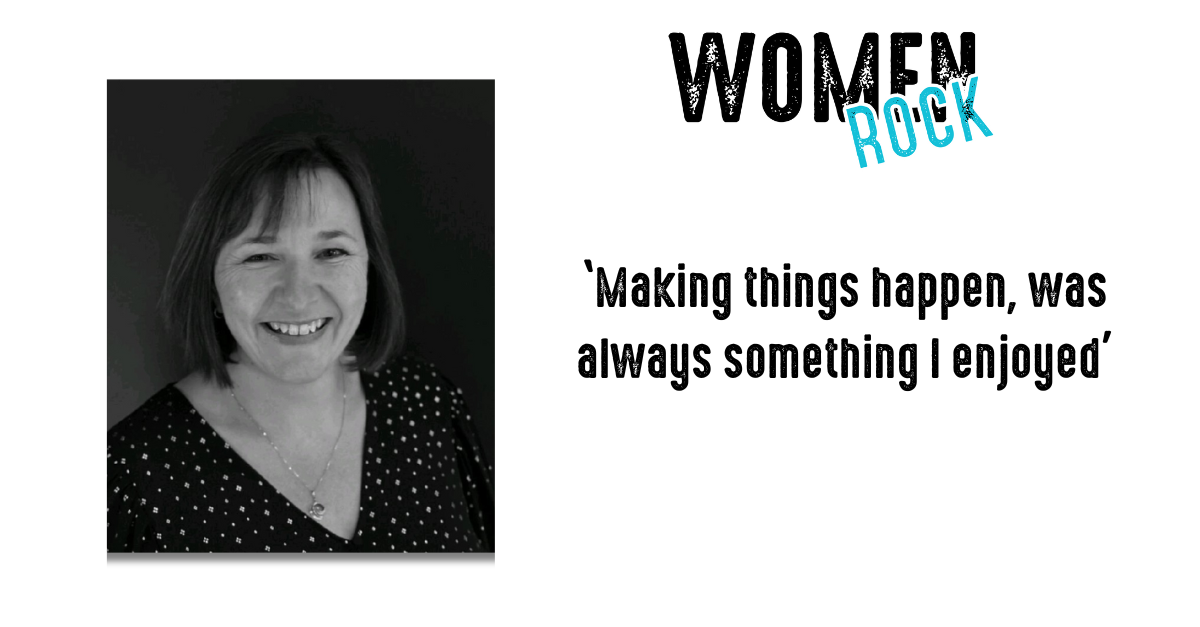
Carolyn Venn | Swift Strategies
‘I joined Swift Strategies because of the people and their ambition to change the way things are.’
Meet Carolyn, the Head of Business Operations at Swift Strategies. From her early days marketing in the music scene to online sales, Carolyn’s journey has been nothing short of inspiring. She’s not just about business; she’s passionate about making a difference with everything she does.
Passionate about equality, Carolyn founded The Reach Free School, an inclusive institution that recently earned the Equalities Gold Award. It’s a place where diversity isn’t just welcomed—it’s celebrated. She’s also a strongadvocate for breaking down gender stereotypes, pushing for inclusive uniforms that reflect today’s realities.
If you’re pondering a career change, Carolyn would tell you find what you love and don’t settle. With Swift Strategies focusing on social value and welcoming new team members, Leading the charge for more diversity in tech and beyond.
Hi Carolyn, thank you for taking the time to speak to us. Firstly, please can you start by talking me through your position at Swift Strategies?
I’m Head of Business Operations – responsible for the back office functions at our very busy Tech and transformation consultancy. Ops should be the invisible scaffolding behind the business. If something’s annoying or time consuming, I want to make it better
Please tell me about your story so far. How did you get into the world of Tech?
I started my career in marketing, and had an amazing job with a music, video, games and book distributor organising new release activity and in store promotions for our retail clients. Release dates set the pace, and the industry was evolving fast towards being able to buy online. It seems so normal now, but it was a huge challenge to take orders for individual items and deliver to individual addresses when the industry was set up to fill shelves in high streets. We created a new way of working very quickly, and amending IT systems to meet our needs was a big part of the task.
I took some time out to have a family, and stepped away from the glitz of premieres and award ceremonies. ‘Making things happen’ was always something I enjoyed, and business operations became a natural choice. I’m not very good at accepting the status quo, and know how important tech is to improving our lives. I joined Swift Strategies because of the people and their ambition to ‘change the way things are’.
What advice would you give to anyone looking to make a career change?
Think about what it is that you really enjoy, what makes you feel worthwhile, and don’t settle for less. If you feel passionate about an industry or a role, it shines through and others will support you.
You mentioned the importance of having a network of supporters around you. Please can you tell me more about this and is there anybody in particular who has inspired you/been the most significant influence in your network.
There have been some amazing people who, I suspect unknowingly, have provided support and helped to dispel my inner imposter syndrome! Early in my career, I worked with a videogame buyer who had joined the company in a junior role, and was progressing in a very male environment to be a highly respected member of the commercial team. She taught me about not panicking, keeping things in perspective and taking the time to reflect when you are in danger of being overwhelmed. Others have supported my campaign to change the school situation in South West Hertfordshire – a topic I knew absolutely nothing about and was a political hot potato. The belief people had in me, regardless of my experience, was invaluable.
You founded a school that has recently celebrated its 10th Anniversary and is an incredible achievement, making sure thousands of students have had access to a good education. Please can you tell me more about how this came about.
I’ve mentioned already that I’m not very good at accepting the “way things are”. When I discovered the lack of local school places and how the council were effectively shrugging their shoulders in response, I joined a small group of local parents campaigning for changes to admissions criteria and the ability to open a new school. However, the introduction of the Free School programme in 2010 meant that if we wanted a new school, we had to roll up our sleeves and do it ourselves.
I had to learn about site allocations, the planning inspectorate, the process to open a school and how to prove we needed one. We rapidly discovered that we needed education experts, so joined forces with three local teachers who shared our ambition. We also needed pupils, so spent weekends persuading families to add our imaginary school to their application forms. Just over a year after receiving approval from the Department for Education, we opened The Reach Free School in a temporary home of an empty office block. It took another five years for us to move into our brand new purpose built school, but we were determined to negotiate our way through the planning, budget, design and build process to get the best possible school environment for our community.
My biggest inspiration are my four fellow school founders. It was, and still is, a phenomenal journey, and one where we’ve shaped the lives of so many young people.
You mentioned the importance of making sure that the school was “non-selective” to ensure everyone in your area had the ability to fulfil their potential. Please can you tell me more about this and the importance of making a welcoming space for everyone within education.
Our community is surrounded by partially selective schools, where children at age 10 sit an exam and are ranked according to their test score. We believe this has a negative impact on many children and families, and wanted to establish a school where the test result was irrelevant. The ethos is ACE or “Achievement, Community and Enjoyment”, and recognises that if you do not enjoy school, you will not achieve, and you cannot have either of these without a strong community
The school has also recently won the Equalities Gold Award which is amazing! Please tell me more about this.
Equality, Diversity and Inclusion is an important part of our Community ethos, and the Equalities Award enabled us to take another look at the school, its processes, policies and resources to ensure we were creating an environment where everyone was valued. Nothing was off-limits – library books, displays, uniform, curriculum design, policy wording and evidence of equality in every area. It’s amazing what you overlook, just because it has always been that way!
We are one of the first secondary schools to be awarded the highest Gold standard, in recognition of the approach taken to ensure every pupil is valued – not just by staff and their classmates, but by themselves as well. We wanted to make sure pupils could see themselves reflected in the lessons, as “if you can’t see it, how can you be it?”
Gender constructs are formed from an early age, and we spoke about how seemingly simple things like uniforms make a difference. How important is it that we make uniforms more inclusive and what difference does it make?
Uniforms are excellent at removing social barriers at school and developing a sense of belonging. But it isn’t necessary to divide pupils into boys and girls for the majority of their time at school and differentiate pupils through clothing. The school should decide on appropriate uniform options for learning regardless of sex. For example, as an adult, I do not choose to wear a short pleated skirt to exercise in, I wear sports leggings or shorts. When I am sat at my desk working, I may be wearing a smart skirt, or I may be wearing trousers. My job is not impacted by my trousers vs skirt choice, and it’s crazy that we continue to teach young people that gender specific school uniforms are a valid identifier. We should step back and ask ourselves why we don’t send 4 year olds to school in jogging bottoms and a T-shirt, rather than pinafore dresses, tights or clothes with buttons and zips. I suspect we are abiding by tradition, and are inadvertently continuing to embed gender stereotypes into our classrooms.
What are your thoughts on the current IT courses students have access to and what do you think needs to change in the current education system to make courses better?
Technology is hugely important to our school. We have been a Google Classroom school since opening in 2013, and all our pupils have their own Chromebook throughout their time at school. We offer Computer Science at GCSE and A Level, and ICT vocational qualifications, and it is always a popular subject. But it takes a long time to develop and introduce a GSCE or A level course, so they aren’t as up to date and inspiring as you’d hope.
Children use tech all day, every day, and they are amazing at creating their own content. We need to tap into the joy they have from interacting with tech and match it with a course that shows them how to create and develop new applications. AI will change everything. Teachers and pupils are already using AI, and it’s important we learn how to best utilise the latest tech tool. It’s an exciting time.
It’s clear the difference you have made so far, and the amazing work is never done! What challenge are you taking on next?
Swift Strategies’ Social Value strategy is firmly within my sights. We’re all really keen to make sure our work, effort and impact is worthwhile. I’m looking forward to 3 new women joining our team this month, and it will be amazing to support the development of more women in tech!
Interviewed by Bella Snell






